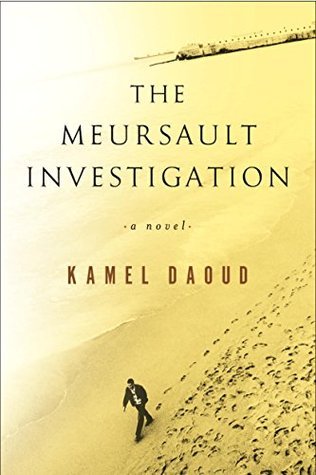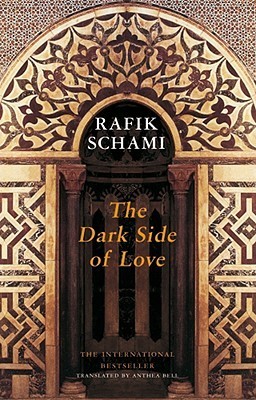
The Hakawati
Book Description
A dying father draws his family into a whirlwind of stories, weaving a tapestry of love, loss, and cultural legacy. As generations clash in their quest for identity amidst war-torn Lebanon, rich tales of folklore and myth entwine with the gripping reality of modern life. Secrets unravel, bonds fracture, and laughter intertwines with sorrow as the characters navigate their fractured relationships and the weight of their heritage. The power of storytelling ignites their spirits, but will it be enough to heal old wounds and unite a family torn apart by time and conflict? What stories will emerge when the last word is spoken?
Quick Book Summary
"The Hakawati" by Rabih Alameddine is a sweeping novel that artfully conjures the intricate tapestry of Lebanese history, folklore, and family. Set against the backdrop of a contemporary Beirut hospital, the story centers on Osama al-Kharrat, who returns from California to sit by his dying father’s bedside. As Osama reunites with his family, tensions and secrets long buried begin to emerge. Intertwined with their conversations are vivid tales—from epic romances to mythical adventures—spun by generations of their storytelling tradition. Through this kaleidoscope of narratives, Alameddine explores the enduring bonds of kinship, the scars of war, and the redemptive, unifying force of stories. The novel becomes both a celebration of Lebanon’s cultural heritage and a meditation on the power of myth in shaping personal and collective destinies.
Summary of Key Ideas
Table of Contents
The Power of Storytelling and Oral Tradition
Osama al-Kharrat’s return to Beirut after years in America sets the stage for a familial reckoning as his father lies dying in a hospital. The gathering of relatives and friends triggers a wellspring of memories, grievances, and unresolved conflicts, revealing the deep fractures running through the family. Each member carries the burden of personal and collective histories, shaped by both love and misunderstanding, all of which are magnified by the looming presence of death.
Family Dynamics and Intergenerational Conflict
To navigate grief and uncertainty, Osama and his relatives revive the age-old tradition of the hakawati—the storyteller—sharing tales that interweave historical, mythical, and personal threads. These stories include epic adventures from Thousand and One Nights, familial legends from their own ancestry, and transformational fables whose lessons echo in the present. Alameddine masterfully shifts between timelines and genres, showing how myth and reality coexist and influence one another.
War, Memory, and Cultural Identity
The stories become mechanisms for survival, coping with trauma, and forging connections amid Lebanon’s civil strife. The chaotic modern reality of bombed streets and lost opportunities collides with magical tales, emphasizing the contrast between lived experience and the refuge of fiction. Characters cling to stories not just to entertain, but to preserve a sense of self and cultural heritage under threat.
The Interplay of Myth and Reality
Through each narrative strand, themes of love, betrayal, and reconciliation resurface. The book exposes fault lines—between generations, between tradition and modernity, between memory and truth—while highlighting the universal longing for connection and understanding. Significant moments of laughter and sorrow illustrate how storytelling helps express emotions that are otherwise inexpressible, fostering healing amidst pain.
Love, Loss, and Reconciliation
Ultimately, "The Hakawati" is both an homage to the transforming power of narrative and a meditation on the complexities of heritage and identity. As Osama’s family confronts loss, their stories become acts of resistance and healing, weaving them back together despite wounds old and new. The novel urges readers to ponder what stories we inherit, transform, or relinquish, and how these shape not only personal lives but the fabric of entire communities.
Download This Summary
Get a free PDF of this summary instantly — no email required.





